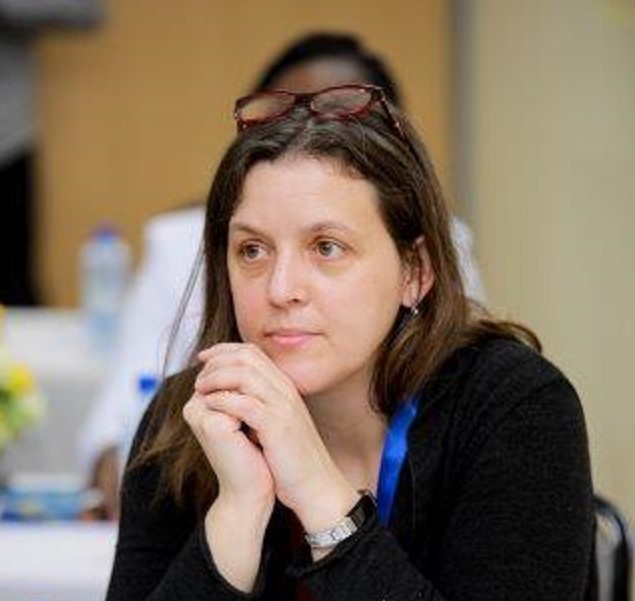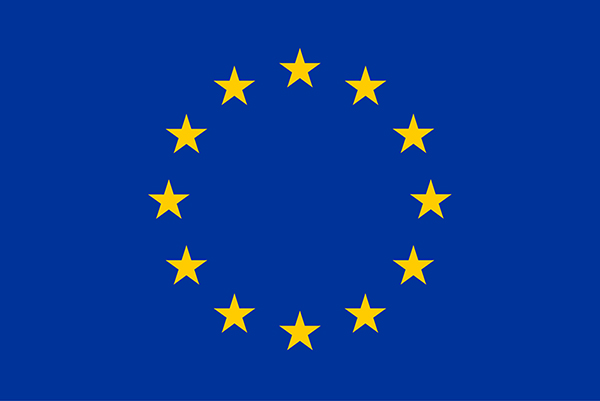Addressing the needs of intersectionality with quantitative research methods poses challenges. Traditional approaches like cross-tabulations and regression models have important limitations. Recent work advocates for the use of intersectional multi-level models, often referred to as the MAIHDA approach (Multilevel Analysis of Individual Heterogeneity and Discriminatory Accuracy). MAIHDA simplifies the problem of specifying numerous interactions, assesses the level at which variance occurs, and thus more generally allows for the analysis of identities in relation to wider structures of inequalities.
To tackle these issues, GenTIC is organizing the seminar “Applications of the MAIHDA approach to intersectional analysis: illustrations using the UniSAFE survey on gender-based violence in research organisations in Europe” by Anne Laure Humbert, Professor of Gender and Statistics at Oxford Brookes University.
When: Tuesday, October 10, 2023
Time: 16:00 – 17:00 h
Venue: UOC’s Interdisciplinary R&I Hub (floor 0 – Rambla del Poblenou, 154 Barcelona)
Language: English
Registration: This seminar will be held in person. To take part, please register at this link before October 9, 2023 (limited seats are available).
The seminar focuses on the application of the MAIHDA approach in the EU-funded UniSAFE project, aimed at measuring gender-based violence in universities and research organisations across 15 European countries. Initial analysis results will be shared, along with new methodological work that considers the effects of the granularity of the intersectional strata used in the MAIHDA approach. This new work extends the original analysis and provides insights into the complexities of analysing gender-based violence in academic settings both intersectionally and in context.
Speaker:

Anne Laure Humbert is Professor of Gender and Statistics and Co-Director of the Centre for Diversity Policy Research and Practice at Oxford Brookes University. She has worked extensively on developing methodologies and indicators for measuring gender equality. Recently, she has contributed to the Horizon 2020-funded project UniSAFE, which seeks to measure and address gender-based violence in higher education in Europe. Her recent publications include: From Gender Regimes to Violence Regimes: Re-thinking the Position of Violence, Social Politics (2022); Undoing the Nordic Paradox: factors affecting rates of disclosed violence against women across the EU, PLOS ONE (2021).
This event is part of a seminar series organized by the Gender and ICT research group to present promising approaches to the intersectional analysis of quantitative data. More information on upcoming sessions will be available soon.
Funded by:
This event is organized as part of the ‘Intersectional Social Justice Seminar Series‘ in the framework of the 2021 SGR 01032 project, funded by the Department of Research and Universities of the Government of Catalonia.

In collaboration with:
HORIGESTEM, Grant PID2021-123049OB-I00 funded by MICIU/AEI/10.13039/501100011033 and by ERDF “A way of making Europe”.

INSPIRE, funded by the European Union’s Horizon Europe research and innovation programme under grant agreement No 101058537.

